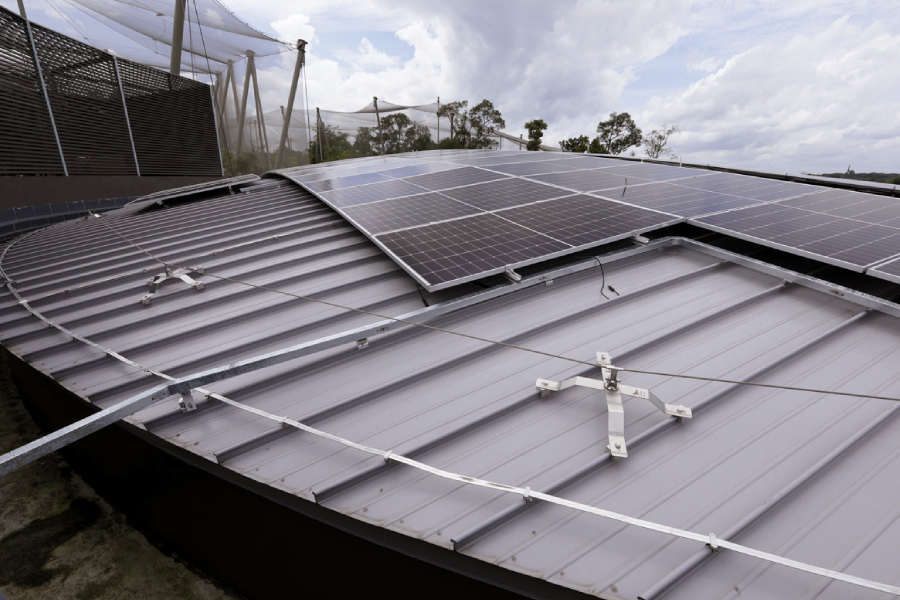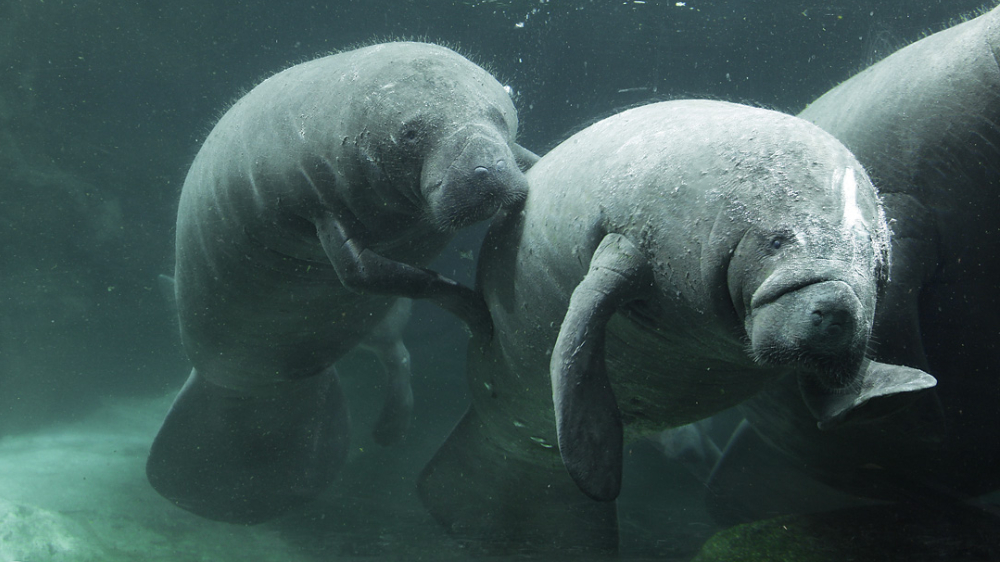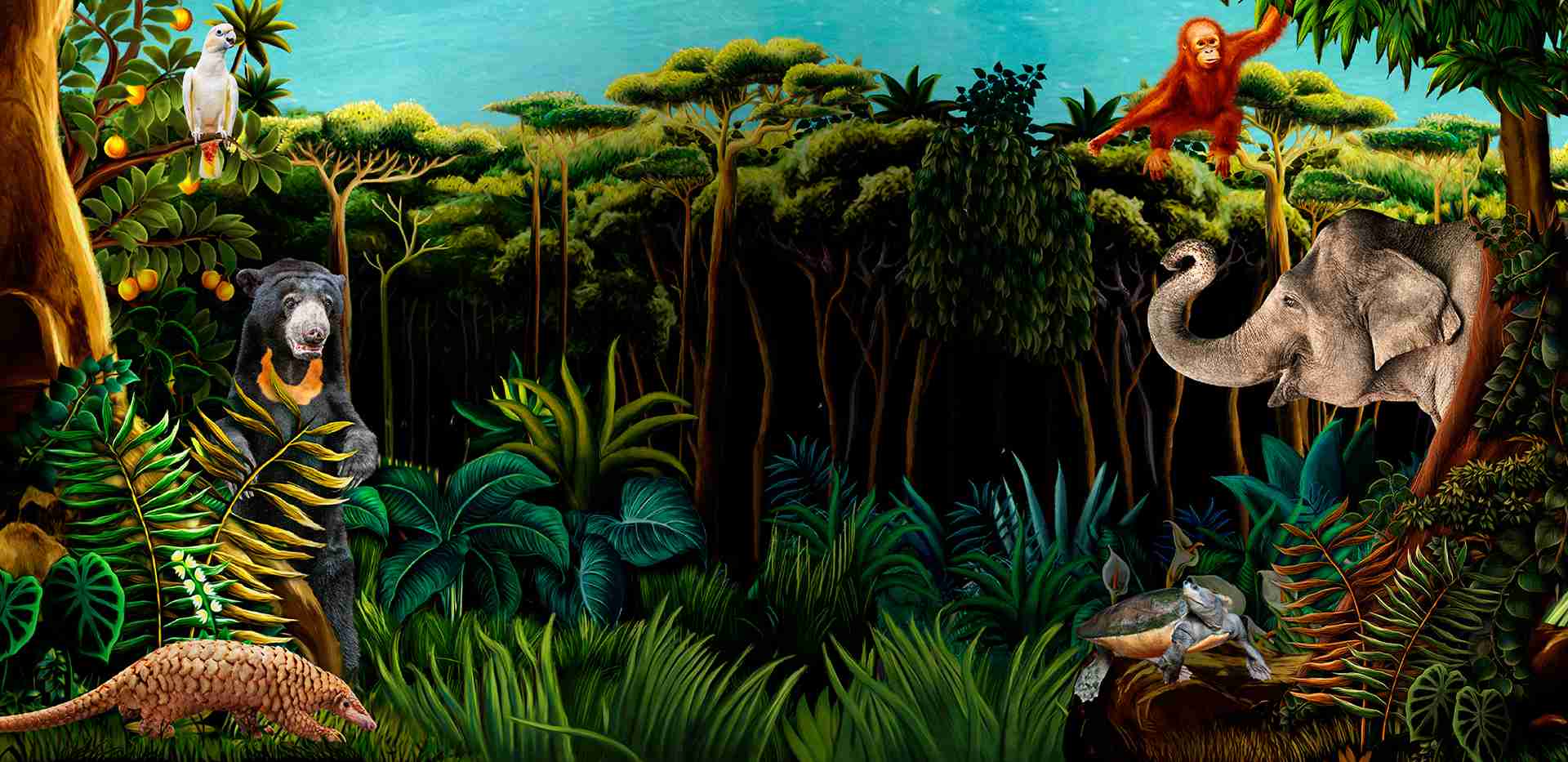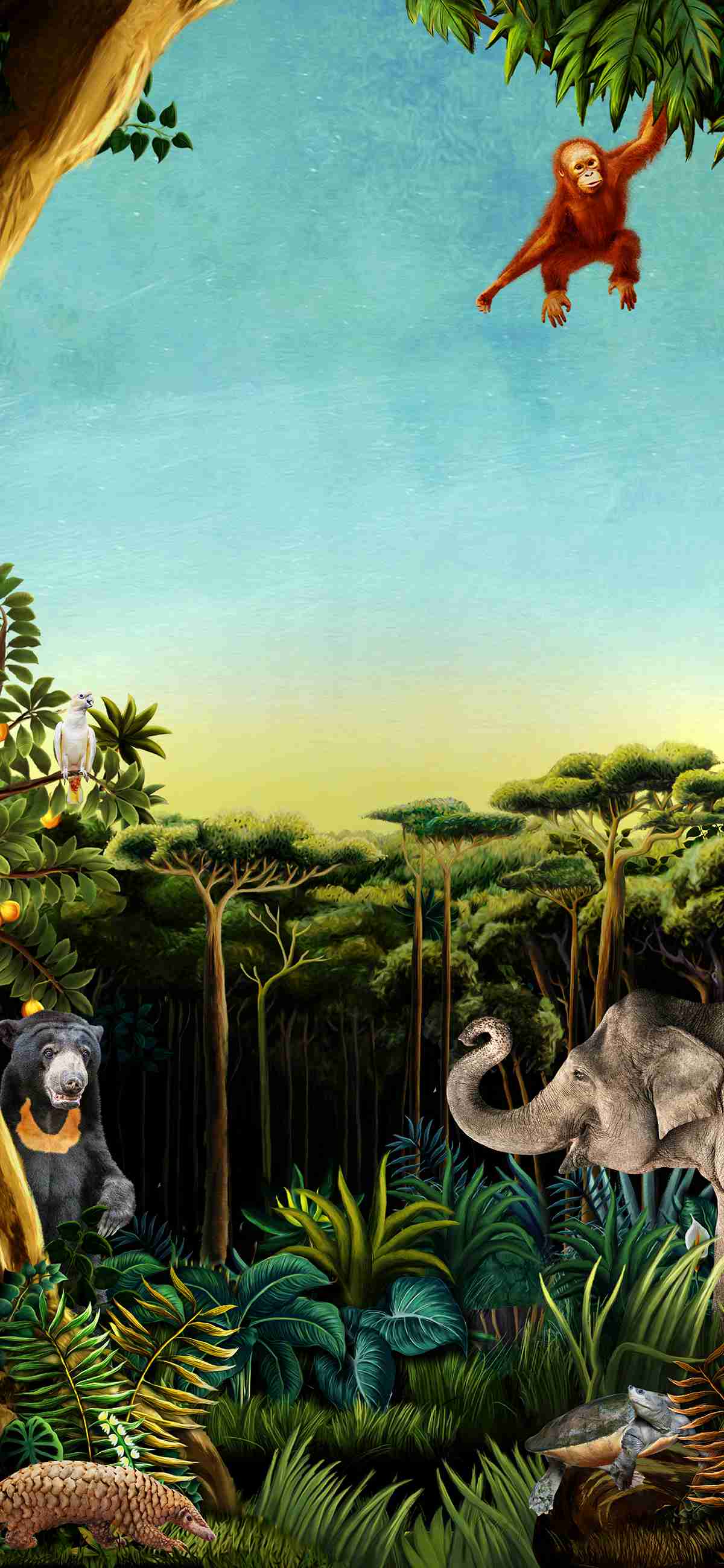Energy And Water Conservation
Our aim is to power our energy consumption with 100% renewable sources by 2030. To minimise energy and water consumption, we employ efficient technology and improved operational efficiency.

Besides maximising on-site solar panels at all available and permissible rooftops in our parks (in phases), we also support off-site renewable energy projects.
Wastewater is recycled and water sources are diversified for operational needs. Our wastewater recycling facility uses membrane technology to treat wastewater, converting it to high-quality recycled water that is suitable for non-potable uses in wildlife parks.

Wastewater from our manatees’ tank is cycled through a bio bed filter instead of being directly discharged. Specially grown pandan and alligator-flags then remove contaminants in the water, improving water quality while providing natural shelter for bees and dragonflies. This entire process keeps the water in our manatee habitat clean while recycling around 30,000m3 of water - 50% of our annual water savings.

